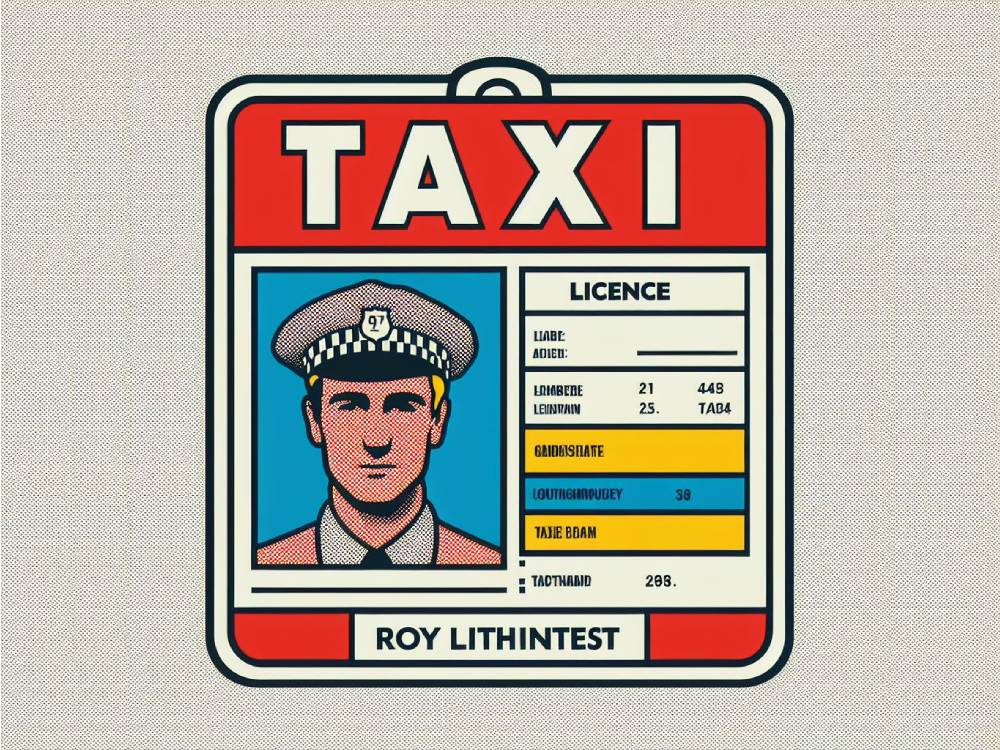Introduction
When you consider taxi insurance in the UK, many drivers and potential taxi owners wonder about using their vehicles for both commercial and private purposes.
This article explores the detailed requirements for taxi insurance if you plan to use your taxi privately.
Here’s what we’ll cover:
- Insurance requirements for dual use
- Legal and licensing obligations
- Tax and MOT specifics for taxis
- Adjusting coverage for private use
- Ensuring legal compliance through adequate liability insurance
The landscape of taxi insurance can be complex, especially given the specific needs of taxi vehicles.
Why does this matter?
Whether you are a seasoned taxi operator or considering entering the industry, understanding these nuances is crucial for compliance and optimal insurance coverage.
Insurance Requirements For Private Use
Taxi insurance policies in the UK specifically meet the high demands of commercial vehicle operation.
What happens if you intend to use the vehicle for private purposes as well?
You must have a policy that explicitly covers this.
Typically, standard taxi insurance only protects the vehicle for commercial use, so adjusting your current policy or acquiring a new one that includes private use is essential.
So, why is this important?
It ensures you have coverage in all scenarios, preventing any insurance disputes if accidents or damages occur.
Find out more about adjusting your taxi insurance policy here.
Licensing And Legal Constraints For Private Use
The local authority must license all taxis in the UK, setting the terms under which the vehicles operate.
These licenses primarily focus on commercial use, but it’s vital to check any restrictions on using the taxi for private purposes.
Here’s the kicker,
Breaking these terms can result in severe penalties, such as fines and suspension of the license.
Learn about taxi licensing requirements here.
Tax And MOT Requirements
Due to their frequent use and the higher number of passengers they transport, taxis face strict requirements for road tax and MOT tests.
If you wish to use your vehicle privately, you must ensure all tax and MOT requirements are up to date.
What does this mean for you?
It not only complies with legal standards but also ensures the vehicle is safe for both commercial and private use.
Coverage Adjustment
When you decrease the usage of a taxi or decommission it from commercial service, the insurance needs to change.
In such cases, adjusting the coverage to reflect the reduced risks associated with non-commercial use can potentially lower your premiums.
What’s the bottom line?
This adjustment can be a financially wise decision for taxi owners who no longer operate their vehicles commercially full-time.
Liability Protection For Private Use
Even when used privately, a taxi is still at risk like any other vehicle on the road.
It is crucial to maintain adequate liability protection.
Insurance that covers decommissioned taxis helps guard against liabilities from accidents or damages that occur during private use or while parked.
What should you do next?
Each of these elements is vital in ensuring your taxi meets your needs without leading to unnecessary legal or financial issues.
Understand more about liability protection here.
By managing your taxi’s insurance and compliance carefully, you can enjoy the flexibility of using your vehicle as needed, whether for picking up passengers or running personal errands.
Learn more about comprehensive taxi insurance here.
Legal Requirements For Insurance
Navigating legal requirements for taxi insurance in the UK is non-negotiable.
Consequently, what does this mean for taxi owners?
You must maintain at least the minimum insurance coverage mandated by law, which generally includes third-party liability.
Therefore, this is crucial for staying on the right side of the law and protecting yourself against claims.
Notifying Your Insurer
Here’s something you might not have considered:
Furthermore, notifying your insurer when you decommission your taxi or change its usage is essential.
Why is this step important?
It allows your insurer to update your policy to reflect your current use, which can prevent issues related to claims or coverage disputes later on.
Discover how to properly notify your insurer here.
Practical Tips And Considerations
Are you considering using your taxi for private purposes?
Additionally, there are several practical tips to keep in mind.
Firstly, regularly review your insurance policy to ensure it matches your current use.
Secondly, compare insurance providers to find the best coverage options for your needs.
Lastly, consider the potential impact on premiums when changing the use of your vehicle.
Conclusion
In conclusion, using a taxi for private purposes in the UK involves careful consideration of insurance, licensing, and legal compliance.
Moreover, why is this journey worth it?
By understanding and adhering to these regulations, you ensure your vehicle is covered in all aspects, reducing potential risks and stresses.
Looking for more information or need to review your current policy?
Our dedicated guides and expert advice can help you navigate the complexities of taxi insurance.
Find additional insights on taxi insurance here.
Finally, remember, the right insurance not only meets legal requirements but also provides peace of mind.
Manage your taxi’s insurance wisely, and you’ll enjoy the flexibility and security it brings, no matter how you choose to use your vehicle.







